Microsoft’s botched August updates wiped SSDs, now it’s breaking PC resets and recoveries on Windows
An out-of-band patch has been issued by Microsoft to fix a flaw introduced by its August update

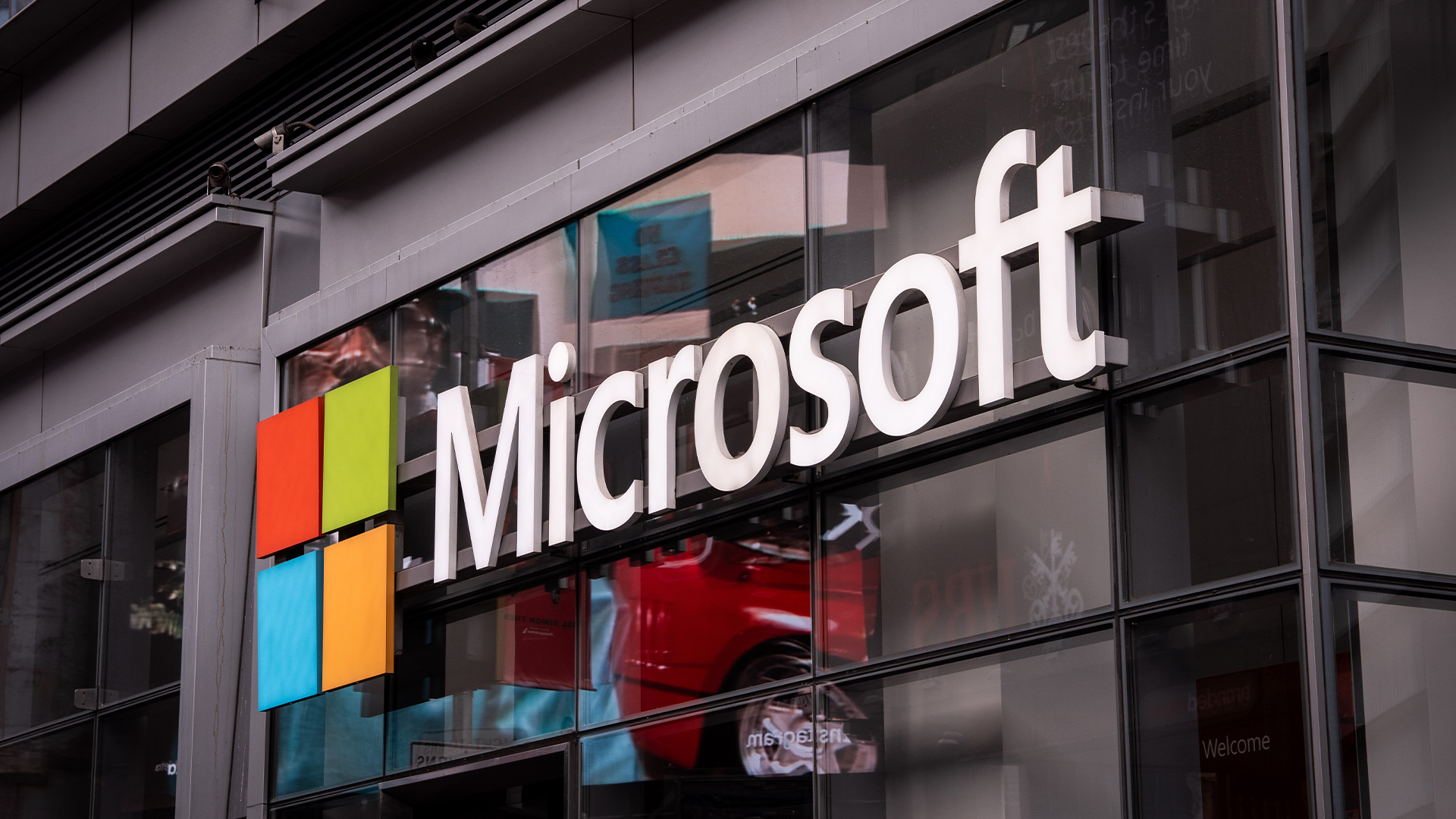
Sign up today and you will receive a free copy of our Future Focus 2025 report - the leading guidance on AI, cybersecurity and other IT challenges as per 700+ senior executives
You are now subscribed
Your newsletter sign-up was successful
Microsoft has admitted yet another problem with its August update, this time in reset and recovery operations – serious enough to spark an out-of-band update.
The monthly update was issued last week with a set of security patches including one zero-day vulnerability. However, beyond security, the update batch also introduced new features and made minor improvements.
A series of bugs have since shown up in the days since the release, highlighting how updates can wreak their own havoc for administrators.
Immediately after the update was released, Microsoft noted that some Windows upgrades might fail; the issue has since been resolved, and the tech giant advises anyone still seeing the error to retry the upgrade process.
Users also reported that SSDs have disappeared from view in systems that have been recently updated, potentially leading to a loss of data.
Commenting on the issue, a Microsoft spokesperson said: "We're aware of these reports and are investigating with our partners."
User tribulations aren’t over yet, however, with Microsoft acknowledging another flaw - this time causing failures with reset and recovery tools.
Sign up today and you will receive a free copy of our Future Focus 2025 report - the leading guidance on AI, cybersecurity and other IT challenges as per 700+ senior executives
Microsoft confirms reset and recovery flaw
This newest flaw hits specific versions of Windows that have run the August update when users attempt to reset or recover their device. The bug is triggered by running key recovery processes: Reset my PC, Fix problems using Windows Update, and RemoteWipe CSP.
"Microsoft has identified an issue where some attempts to reset or recover Windows devices might fail," Microsoft said in a support document.
"This issue is observed after installing the August 2025 Windows security update on some client versions of Windows."
The issue rears its head after installing the August 2025 Windows security update — KB5063875 — on client versions of Windows 10 and 11, but not server OSes nor Windows 11 24H2. (The full list can be founder here.)
That means anyone running the latest version of Windows isn't affected, but anyone still on Windows 10 may be — right at a time when Microsoft is trying to encourage people to upgrade their OS or their hardware to the newer system, and therefore need the reset and recovery functions.
What administrators need to know
Initially, users were told to avoid using reset and recovery until the issue was fixed.
Naturally, this might prove problematic as those are tools used to solve issues when something is wrong with a device, meaning some users may have been left without a functional PC - albeit temporarily.
However, the wait would have been short, as Microsoft fixed the problem in less than a day from when it announced the flaw.
Microsoft has since issued an out-of-band (OOB) update to address this particular fault, with the company recommending installing the new update instead of the original from last week for anyone using an affected device.
"If your organization uses the affected platforms and hasn’t yet deployed the August 2025 security update yet, we recommend you apply this OOB update instead," Microsoft said in a support document.
As admins will be well aware, this is hardly the first time Microsoft has had issues with Windows updates — just last month Microsoft mistakenly flagged a non-security update issue as being resolved, only for it to return.
The tech giant issues an apology to customers for “any inconvenience and confusion” the issue caused.
ITPro contacted Microsoft for comment on the latest fault, but has yet to hear back.
Make sure to follow ITPro on Google News to keep tabs on all our latest news, analysis, and reviews.
MORE FROM ITPRO
- The NCSC just urged enterprises to ditch Windows 10
- Windows 10 end of life: How to prepare for the October deadline
- Windows 11 finally overtakes Windows 10 in popularity
Freelance journalist Nicole Kobie first started writing for ITPro in 2007, with bylines in New Scientist, Wired, PC Pro and many more.
Nicole the author of a book about the history of technology, The Long History of the Future.
-
 Mistral CEO Arthur Mensch thinks 50% of SaaS solutions could be supplanted by AI
Mistral CEO Arthur Mensch thinks 50% of SaaS solutions could be supplanted by AINews Mensch’s comments come amidst rising concerns about the impact of AI on traditional software
-
 Westcon-Comstor and UiPath forge closer ties in EU growth drive
Westcon-Comstor and UiPath forge closer ties in EU growth driveNews The duo have announced a new pan-European distribution deal to drive services-led AI automation growth
-
 Not keen on Microsoft Copilot? Don’t worry, your admins can now uninstall it – but only if you've not used it within 28 days
Not keen on Microsoft Copilot? Don’t worry, your admins can now uninstall it – but only if you've not used it within 28 daysNews The latest Windows 11 Insider Preview will include a policy for removing the app entirely — but only in certain conditions
-
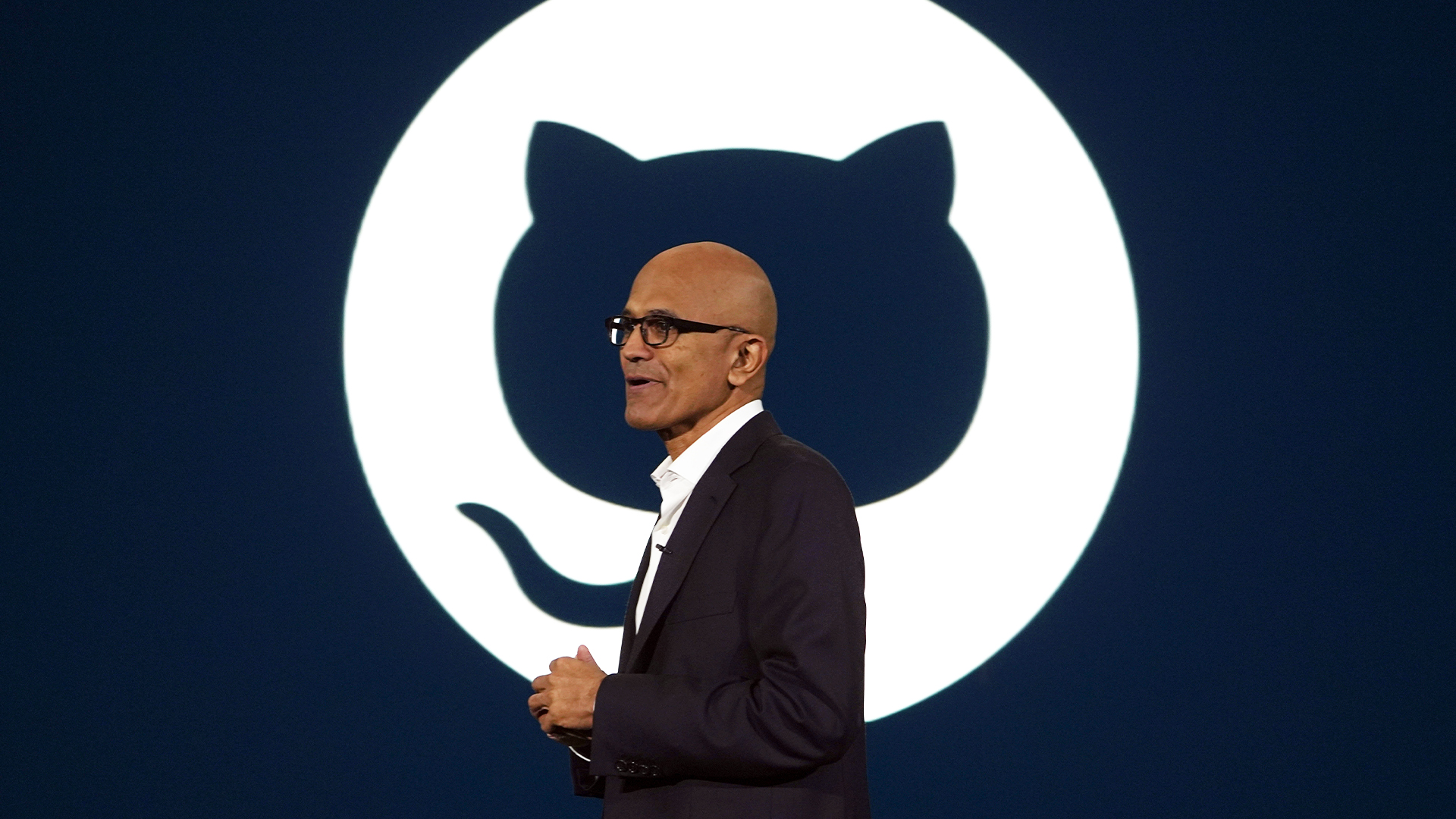 Microsoft is shaking up GitHub in preparation for a battle with AI coding rivals
Microsoft is shaking up GitHub in preparation for a battle with AI coding rivalsNews The tech giant is bracing itself for a looming battle in the AI coding space
-
 ‘1 engineer, 1 month, 1 million lines of code’: Microsoft wants to replace C and C++ code with Rust by 2030 – but a senior engineer insists the company has no plans on using AI to rewrite Windows source code
‘1 engineer, 1 month, 1 million lines of code’: Microsoft wants to replace C and C++ code with Rust by 2030 – but a senior engineer insists the company has no plans on using AI to rewrite Windows source codeNews Windows won’t be rewritten in Rust using AI, according to a senior Microsoft engineer, but the company still has bold plans for embracing the popular programming language
-
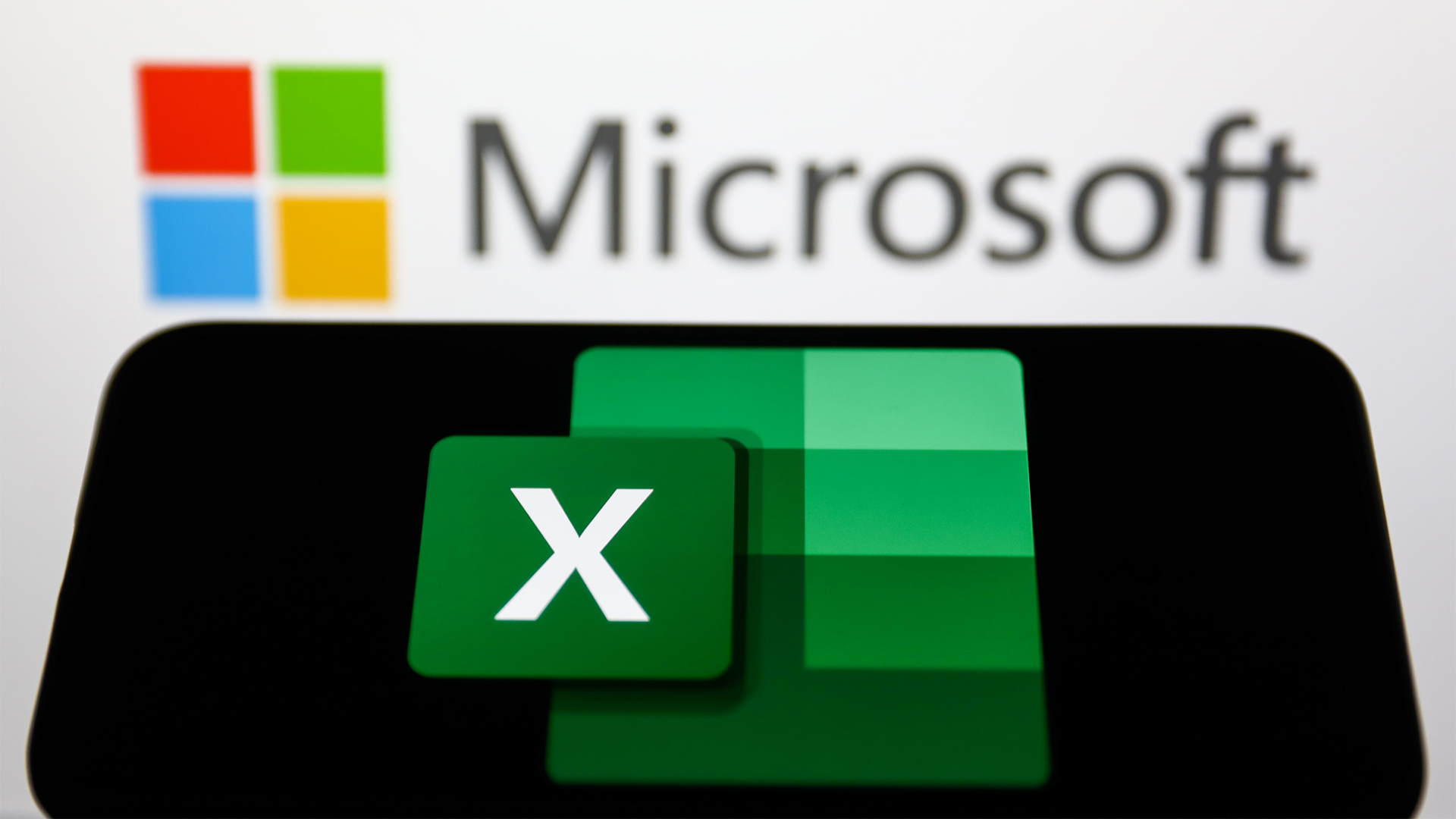 Microsoft Excel is still alive and kicking at 40 – and it's surging in popularity as 82% of finance professionals report ‘emotional attachment’ to the spreadsheet software
Microsoft Excel is still alive and kicking at 40 – and it's surging in popularity as 82% of finance professionals report ‘emotional attachment’ to the spreadsheet softwareNews A recent survey found Gen Z and Millennial finance professionals have a strong “emotional attachment” to Microsoft Excel
-
 Microsoft’s Windows chief wants to turn the operating system into an ‘agentic OS' – users just want reliability and better performance
Microsoft’s Windows chief wants to turn the operating system into an ‘agentic OS' – users just want reliability and better performanceNews While Microsoft touts an AI-powered future for Windows, users want the tech giant to get back to basics
-
 Windows 10 end of life has passed – here's your business guide to Windows 11
Windows 10 end of life has passed – here's your business guide to Windows 11In-depth As Windows 10's mainstream support ends, it's time for businesses who have yet to upgrade to take a second look at Windows 11
-
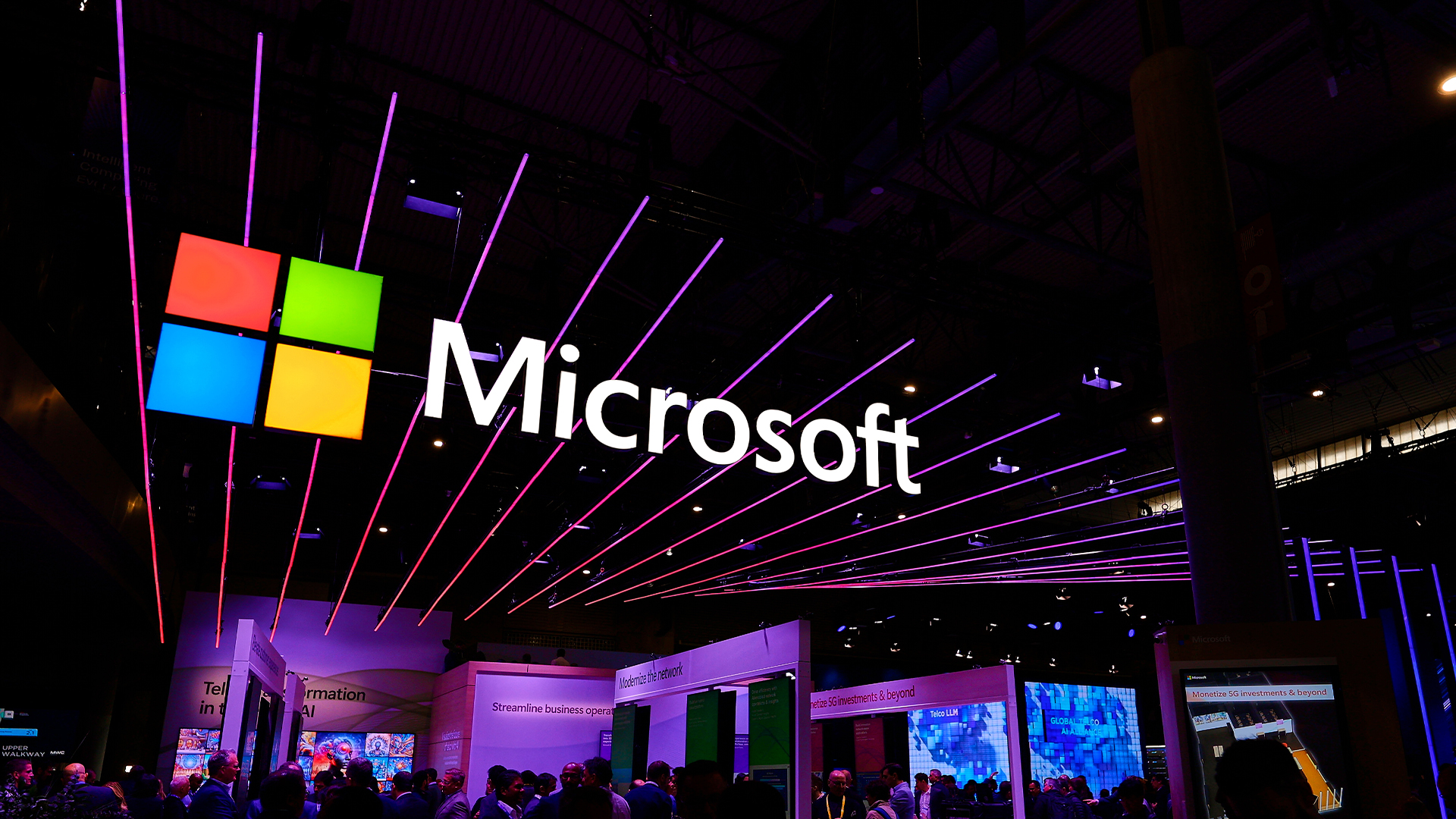 Microsoft 365 price hikes have landed the tech giant in hot water
Microsoft 365 price hikes have landed the tech giant in hot waterNews Australian regulators have filed a lawsuit against Microsoft for allegedly misleading users over Microsoft 365 pricing changes.
-
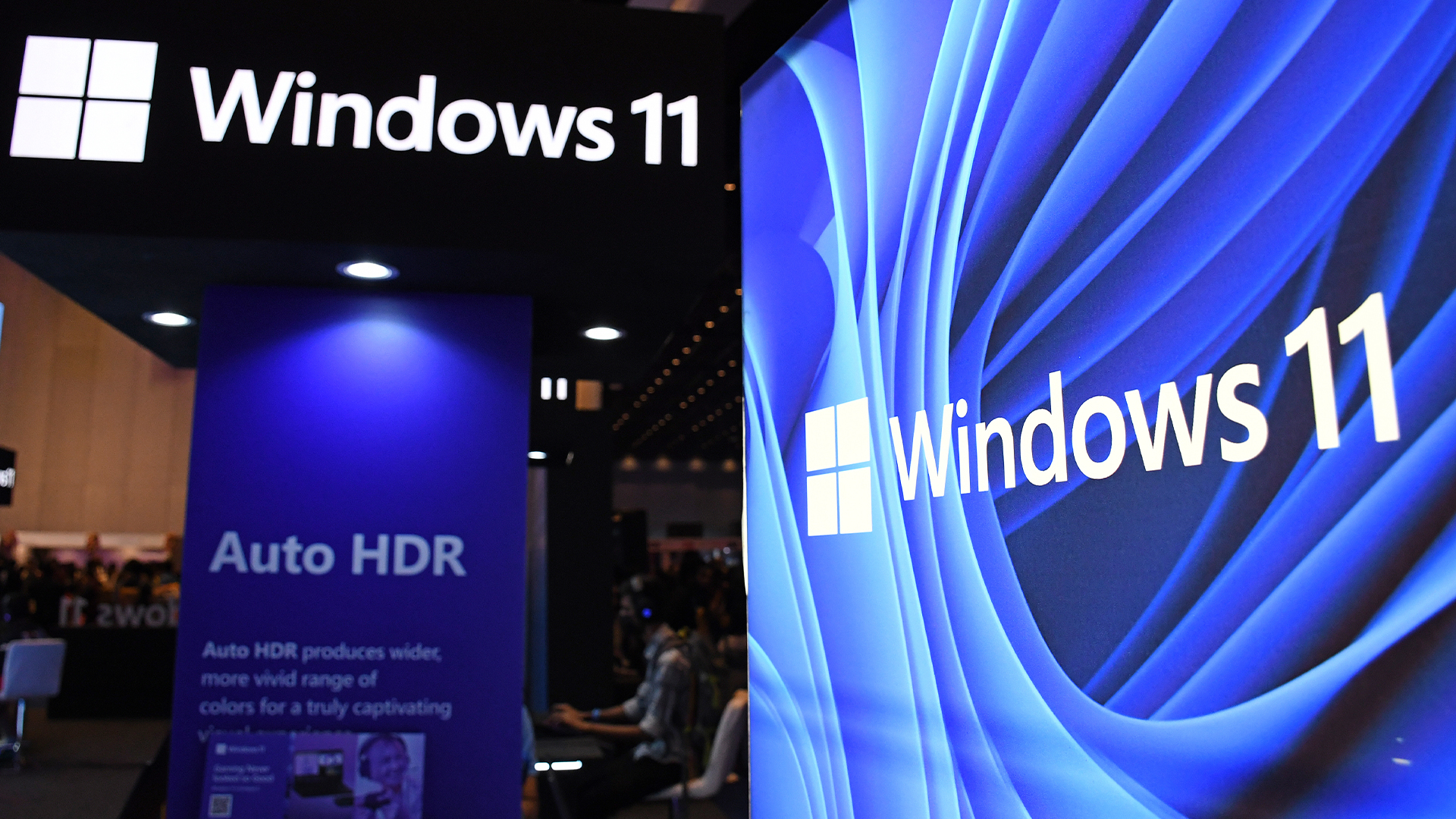 Microsoft issues fix for Windows 11 update that bricked mouse and keyboard controls in recovery environment – here's what you need to know
Microsoft issues fix for Windows 11 update that bricked mouse and keyboard controls in recovery environment – here's what you need to knowNews Yet another Windows 11 update has caused chaos for users
